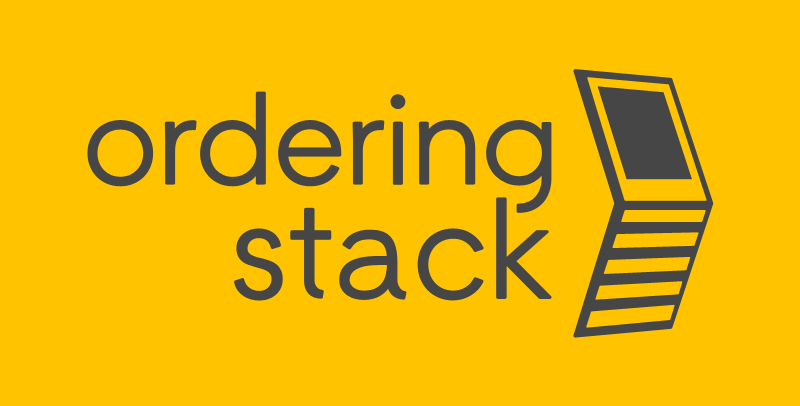POS Integrator Module
- Homepage
- Our modules
- POS Integrator Module
Effortless data synchronization between on-site POS and cloud services
POS Integrator is one of the key modules of the Ordering Stack platform. It ensures data synchronization between the restaurant chain's point-of-sale system (commonly referred to as POS) and the cloud-based services of Ordering Stack.
The main premise of this integration is that the POS system serves as the source of product definitions, and that data on placed orders is sent to the POS. In other words, the POS system is treated as the so-called Master Data Source.
Typically, the POS Integrator module includes three data streams:

The nature of the transmitted data: |
Direction of data flow: |
|
|
|
|
|
|
The POS Integrator module is always tailored to each specific POS system. It is typically implemented by the Ordering Stack team, as we aim to fully leverage the capabilities of the POS system and the strength of its data model. This approach allows us to create an exceptionally advanced product model within Ordering Stack. We have successfully completed integrations with some of the most sophisticated POS systems on the market. As a result, customers can enjoy the ability to order advanced product bundles, within which they can customize individual components to suit their preferences.
Our POS Integrator modules come in centralized, local, and hybrid variants, depending on the deployment architecture of the POS system. Some systems operate locally within the venue, while others—more modern ones—are fully centralized and offer a single central API for efficient data exchange. There are also systems that allow for central menu definition retrieval, but require orders to be placed locally at each location. Our solution is fully prepared to handle such scenarios as well.
Another key feature is the ability to support both prepaid orders and orders to be paid at the counter.
The integration with the POS system in a restaurant chain (via the POS Integrator module) is a crucial milestone in the deployment of Ordering Stack. It enables access to all other modules, such as the kiosk app, web and mobile ordering, loyalty platform, and aggregator integrations. This is because the POS Integrator translates product models to and from the POS into a universal product model, which is used across all other Ordering Stack modules.

